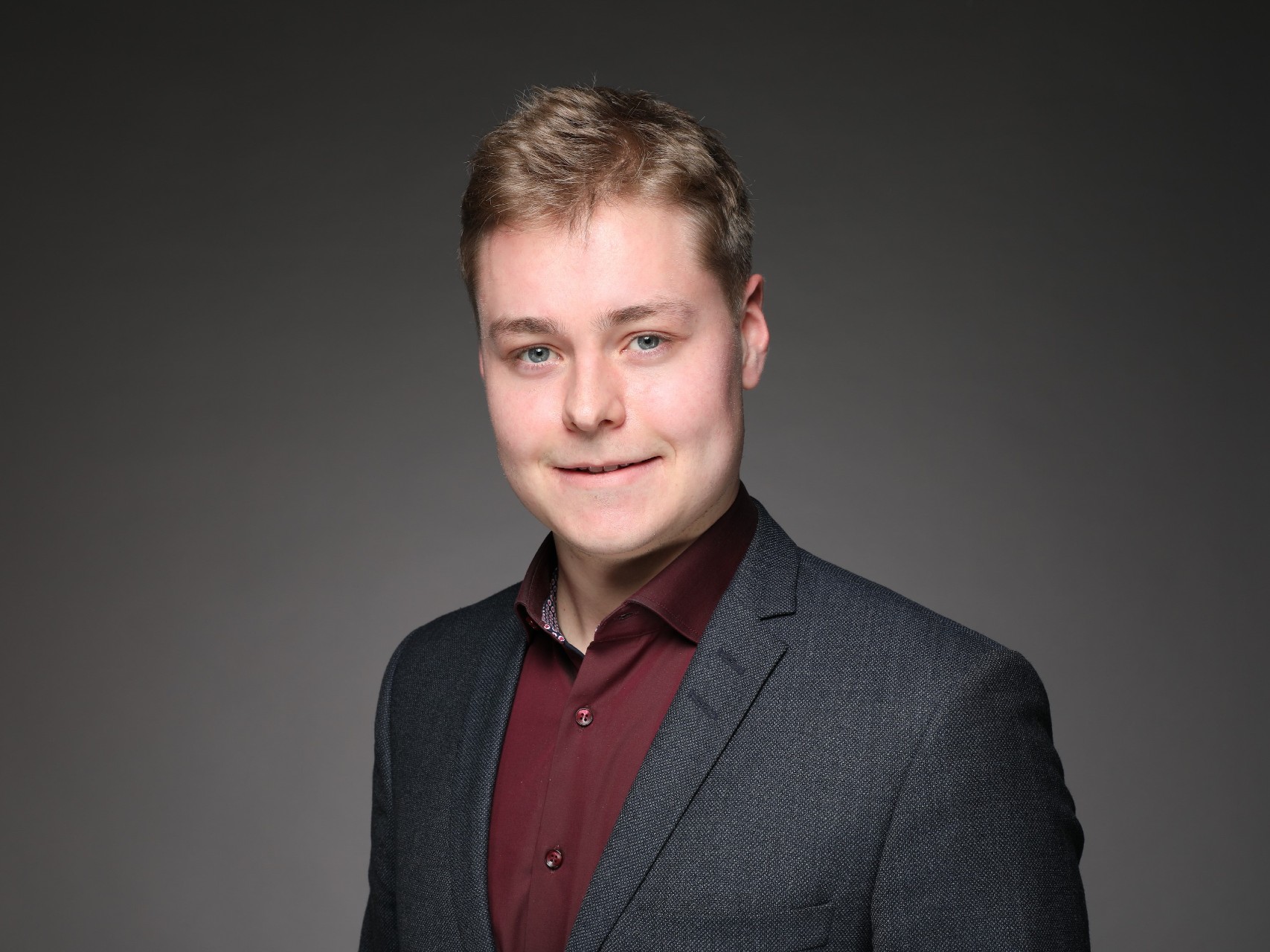 Nils Mallock
Nils Mallock
What are you currently researching?
My research examines participation in violent and peaceful political protest at the individual level. I investigate psychological mechanisms through which people engage in protest, especially in situations where such actions carry high personal risks or costs, such as in conflict regions or following natural disasters. My work so far has involved fieldwork conducting experiments, data collection and interviews in Iraq, Lebanon and the West Bank.
I also specialise in spatial analysis, where people’s geographical proximity to certain events or shocks can be exploited to understand changes in their political attitudes and behaviour. This technique allows for estimating causal effects of psychological mechanisms in real-world settings, and can thus provide valuable insights.
Why did you choose this area of study?
My concern with understanding political violence and protest behaviour originates from previous work in East Asia, Europe and the Middle East, that involved experiences of mass demonstrations and armed conflict. The relative lack of quantitative psychological research in this field was also an academic motivation.
How will your research have a wider impact on society? Can you give some real-world examples of the impact your research will have?
Governmental and non-governmental organisations have accessed findings from my research as part of their work to prevent and counter violent extremism (PCVE), or in publications such as situational reports of political developments. My research also targets academic audiences interested in the psychology of political behaviour.
What have been the highlights of your research work so far?
A most exciting time during the PhD so far has been spending four months conducting fieldwork in the Palestinian Territories, collaborating with several local organisations to collect interview and quantitative data. Such experiences are an invaluable stage of the research process.
What has been your biggest challenge so far?
Working in social sciences is largely unstructured – as a result, I found it challenging at times to push projects, which are at very different stages of progress, forward in the most efficient manner while also finding time to read literature and explore new research ideas.
What advice would you give to prospective students on the most effective way to approach research and keep stress levels down?
It is crucial to be passionate about your topic – try to direct projects towards the aspects you find most interesting or find new elements to explore in order to stay motivated.
You become very specialised in your own research area. Try to keep a broader perspective by learning about other people’s research that may or may not be relevant to your own.
Don’t let administrative hurdles discourage you in the implementation of research ideas. Most issues can be resolved with time, support from supervisors or peers, and a bit of persistence.
In a few words, what is the best thing about studying at LSE?
Easily the best thing about being part of LSE is having access to a wealth of resources, people and interesting events such as guest lectures.